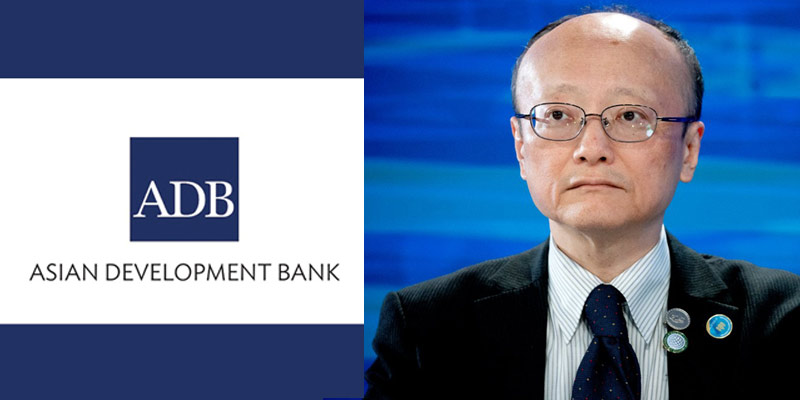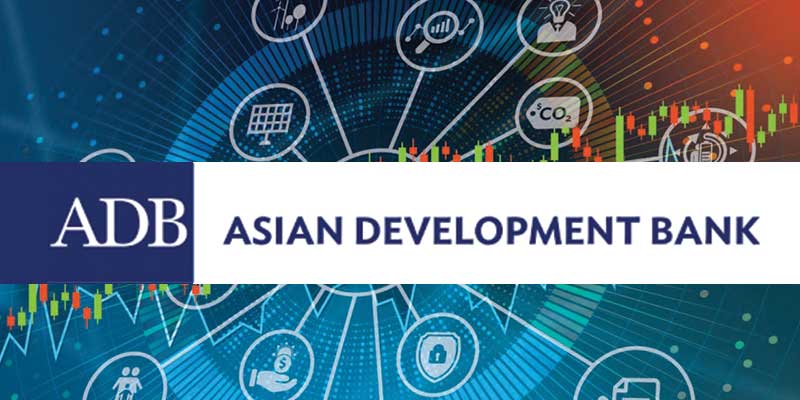- World
- Dec 03
ADB appoints Masato Kanda as its 11th president
• The Asian Development Bank (ADB) Board of Governors has elected Masato Kanda as ADB’s 11th president.
• Kanda, 59, currently serves as Special Advisor to Japan’s Prime Minister and Minister of Finance. He will assume office on February 24, 2025, succeeding Masatsugu Asakawa, who will leave office on February 23, 2025.
• He is known for his heavy-handed intervention to combat sharp yen falls that earned him the nickname “Mr. Yen”.
• With nearly four decades of experience, Kanda has held key leadership roles at the Ministry of Finance of Japan, including Vice-Minister of Finance for International Affairs.
• He has extensive experience in financial sector policy and macro-fiscal policy, having served as Deputy Commissioner at the Financial Services Agency, Deputy Director-General of the Budget Bureau, and Deputy Vice-Minister for Policy Planning and Coordination. He is also a leading expert in education and science policy as well as university reform.
Asian Development Bank
• The Asian Development Bank (ADB) envisions a prosperous, inclusive, resilient, and sustainable Asia and the Pacific, while sustaining its efforts to eradicate extreme poverty in the region.
• From 31 members at its establishment in 1966, ADB has grown to encompass 68 members — of which 49 are from within Asia and the Pacific and 19 outside.
• ADB assists its members, and partners, by providing loans, technical assistance, grants, and equity investments to promote social and economic development.
• ADB maximises the development impact of its assistance by facilitating policy dialogues, providing advisory services, and mobilising financial resources through co-financing operations that tap official, commercial, and export credit sources.
• Committed to pursue a differentiated approach for states at different stages of development, ADB prioritises projects on basic services, critical infrastructure and services, institutional strength, and private sector development through sovereign operations in low-income states.
• Support for more developed states focuses on transformational programmes with policy and knowledge advice, combined with non-sovereign operations.
History of ADB
• ADB was conceived in the early 1960s as a financial institution that would be Asian in character and foster economic growth and cooperation in one of the poorest regions in the world.
• A resolution passed at the first Ministerial Conference on Asian Economic Cooperation held by the United Nations Economic Commission for Asia and the Far East in 1963 set that vision on the way to becoming reality.
• The Philippines capital of Manila was chosen to host the new institution, which opened on December 19, 1966, with 31 members that came together to serve a predominantly agricultural region. Takeshi Watanabe from Japan was ADB’s first president.
ADB and India
• India was a founding member of ADB in 1966 and fourth largest shareholder.
• ADB started operations in India in 1986.
• As of December 31, 2023, ADB has committed 623 public sector loans, grants, and technical assistance totaling $55.3 billion to India. ADB’s current sovereign portfolio in India includes 67 loans worth $14.15 billion.
• Cumulative sovereign and non-sovereign loan and grant disbursements to India amount to $43.45 billion. These were financed by regular ordinary capital resources and other special funds.
• ADB said it will continue to focus on projects and programmes that accelerate India's structural transformation, create jobs, address infrastructure gaps, promote green growth, and foster social and economic inclusiveness while deploying smart technologies and innovations.
• In 2023, ADB approved additional funding to support India’s national industrial corridor development programme to enhance its manufacturing competitiveness along with a loan for Visakhapatnam-Chennai Industrial Corridor Development.
• Two policy-based loans were committed to support the government’s urban reforms agenda at the state level and power sector reforms to facilitate the shift to renewable energy.
• In addition, ADB provided funding for expanding urban services in Uttarakhand, Rajasthan, and Tripura, improving road connectivity in Bihar and Madhya Pradesh, expanding Delhi-Meerut rapid rail transit corridor and boosting horticulture development in Himachal Pradesh.
Manorama Yearbook app is now available on Google Play Store and iOS App Store


